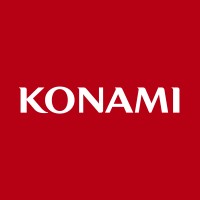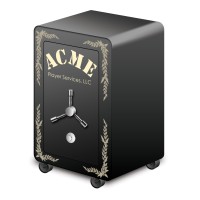
Konami Gaming, Inc.
Konami Gaming, Inc. is a leading designer and manufacturer of slot machines and casino management systems for the global gaming market. Built on a rich heritage, Konami Gaming is a Las Vegas-based subsidiary of the world-renowned entertainment developer KONAMI GROUP CORPORATION that was founded in Osaka, Japan, in 1973 by Mr. Kagemasa Kozuki. From the front line R&D through sales, marketing and service, KONAMI’s focus is to deliver the highest and most enjoyable experiences possible. For more information please visit www.konamigaming.com.






